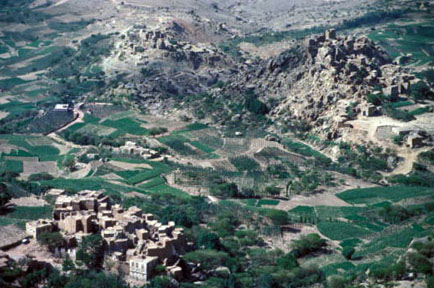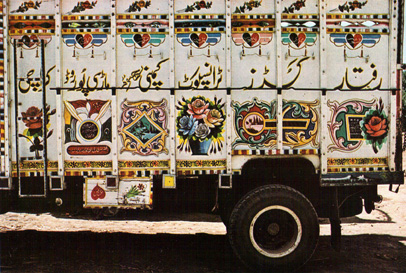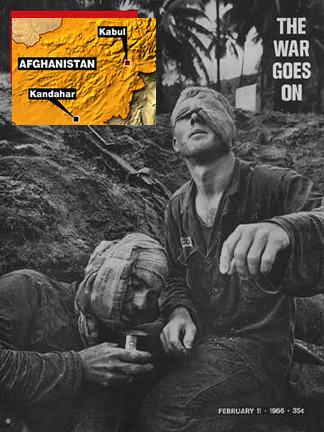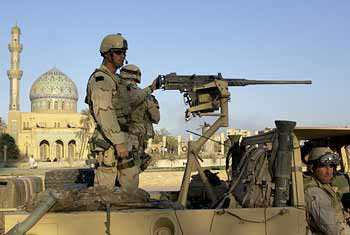
In a previous blog entry, I mentioned a photographic book by Jean-Charles Blanc on Afghan Trucks. In addition to legendary and technological themes, in this pre-Taliban world there was an interest in women as well, at least among truck drivers and those who appreciated truck driven art. Here is what the Introduction to the text says about the female image unveiled:
Occasionally another motif appears amongst these tablaux: that of women – a rare and daring theme for this Islamic society where tradition is so carefully guarded. they are depicted in the form of sensual, Felliniesque, sulphurous-eyed vamps whose looks are inspired from Indian statuary – the flesh of Marilyn and Sophia draped in Oriental clothing, and with just a few puffs of hashish their colored images spring to life …
to be continued






